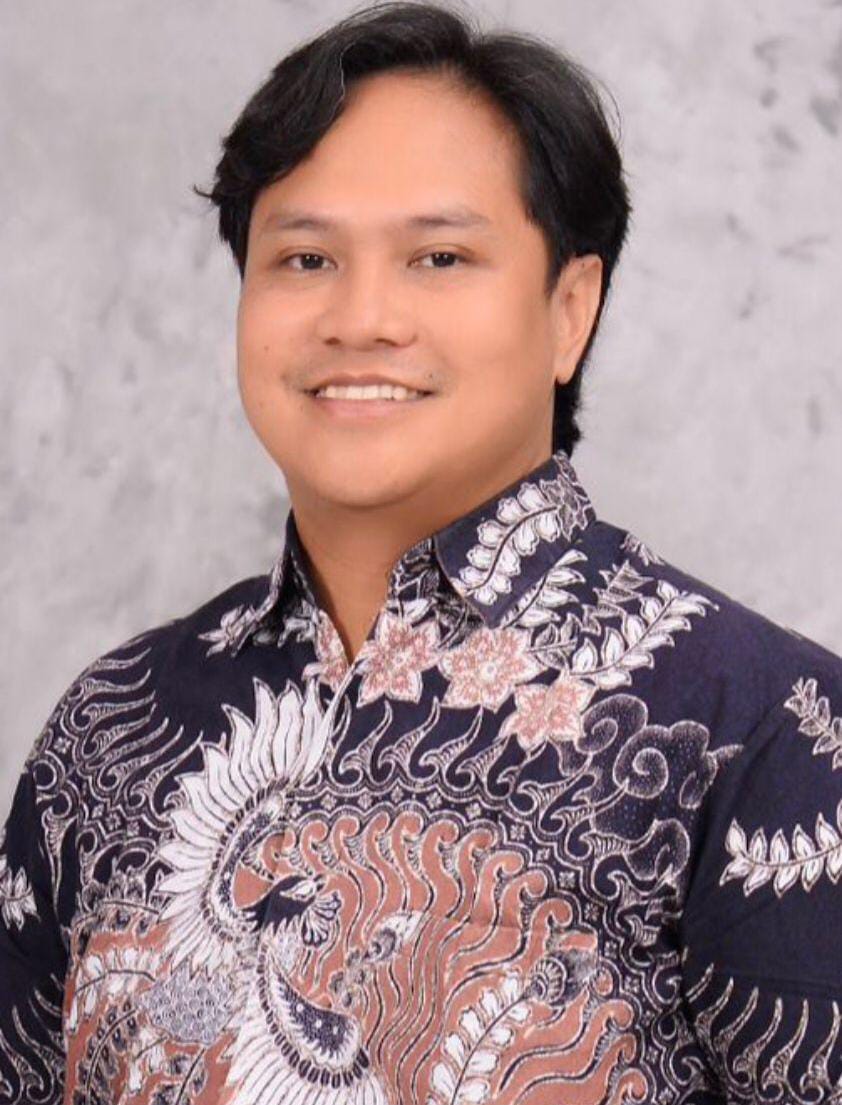News and Events
Interrogating inequalities surrounding the lives of Indonesian migrant workers through migrant-organising
.png)
MIGMOBS post-doctoral researcher, Pamungkas A. Dewanto (Yudha), who is based in Waseda University is conducting research on Indonesian migrant workers in four countries: Malaysia, Japan, Saudi Arabia, and Taiwan under the Co-PI, Gracia Liu-Farrer, Professor of Sociology, at the Graduate School of Asia Pacific Studies, Waseda University.
Yudha, who earned his PhD from Vrije Universiteit, Amsterdam, in Social and Cultural Anthropology, will conduct fieldwork in five Asian countries to investigate how Indonesian migrant workers mitigate their precarious lives and working conditions as foreign labourers.
While Indonesian migrant workers were largely sought after in Southeast Asia, their profiles as domestic workers or contract workers in palm oil plantations, construction sites and fishing industry leaves them open to suffering the effects of drastic global inequalities through their lives and bodies. Such inequalities have sometimes driven them to become undocumented. In Malaysia, for instance, the World Bank (2020) estimated that the number of foreign workers in 2017 was between 2.96 million to 3.26 million. Of these, 1.23 million to 1.46 million were undocumented. While undocumented status increases risk to exploitation, migrant workers – regardless of legal status – remain one of the least privileged groups of population especially in the country of migration destinations.

In this research we consider that a comparison of how such inequality affects Indonesian workers’ migratory experiences can be drawn between four major destinations in Asia: a highly affluent country, Japan, whose restrictive immigration regime met with its own population shrinkage; Taiwan, aging population demands foreign workers in various sectors especially care workers; Malaysia, a neighbouring country and the most accessible, which is a traditional destination for legal and illegal migration from Indonesia; and Saudi Arabia, a Middle Eastern economy, where legally differentiated migrant roles within the so-called kafala system have created a starkly vulnerable position for Indonesian workers.
Contending that migrants maintain their agency beyond the role they play as an economic migrant, this study attempts to capture how Indonesian workers cope with their plight in four destination countries by delving into migrant networks and transnationalism. Studies have shown that native place organizations and hometown associations often play an important role in facilitating the settling process of foreign workers (Orozco & Lapointe, 2004; Caglar, 2006). In coping with the settling and adaptation process in the destination countries, Indonesian workers too have often involved with, or even formed their own, communities. These communities often appear as a space of informal gathering. Some of them also appear as a transnational organization, stretching their presence in both home and destination settings.
Attempting to capture migrant’s coping strategy in destination countries, this research aims to look at how Indonesian workers build their networks, form and engage with migrant community in destination countries. By using migrant organizing as an approach, this research attempts to capture the political opportunity structure that characterizes the formation of migrant communities in different settings. For instance, this includes analysing whether domestic workers’ or care workers’ organizing in Hong Kong is replicable in various popular migration destinations. How migrant workers can be easily organized in one place, but not in others? How do temporality and migrant categories configure migrant organizing process? How and why transnational networks play a part in the process of shaping labour solidarity among Indonesian migrant workers? In general, we intend to capture how migrants cope with inequality through reproducing their transnational social, cultural and political fields as a form of alternative mobility systems that challenges, or circumnavigates, the dominant capitalist-driven migration systems. This project will seek to explain their strategies while articulating the marginalised voices of the marginal communities, as they struggle for transnational livelihoods within these sometimes inhumane systems, through migrant formal and informal organizing.
